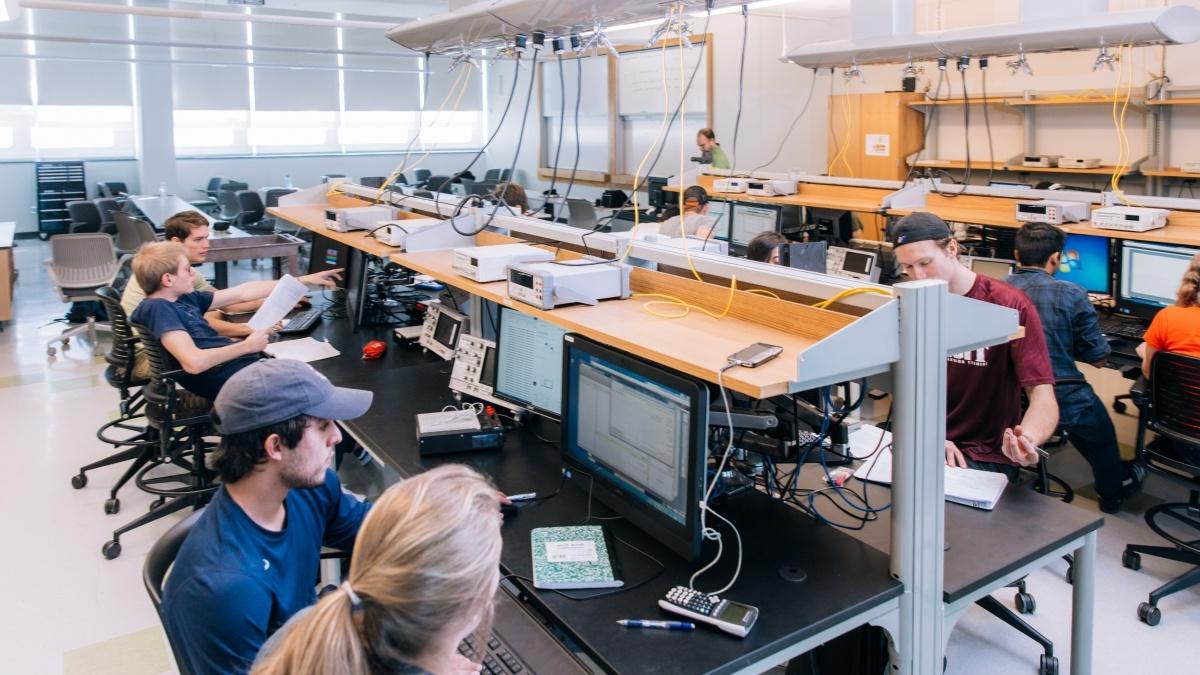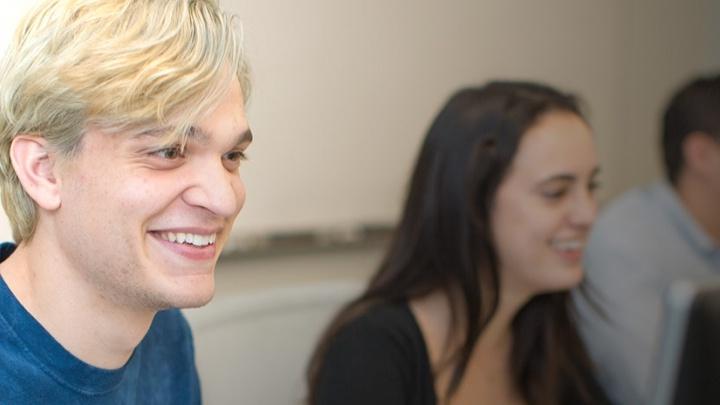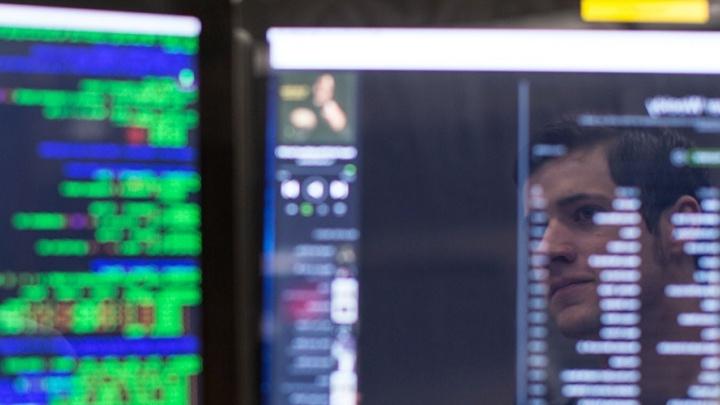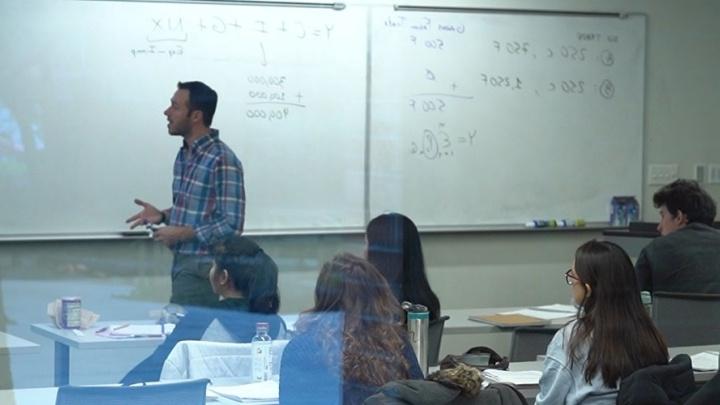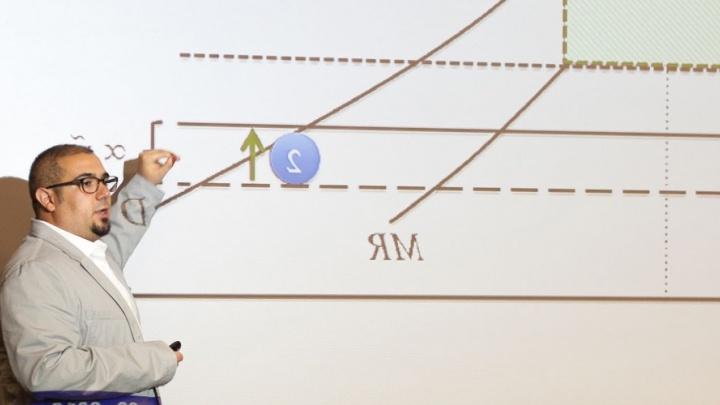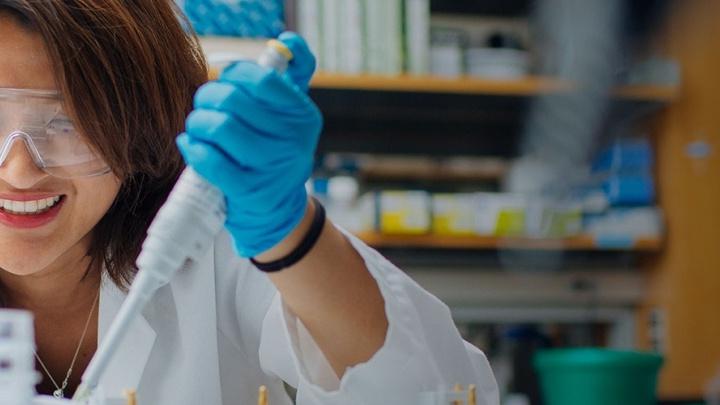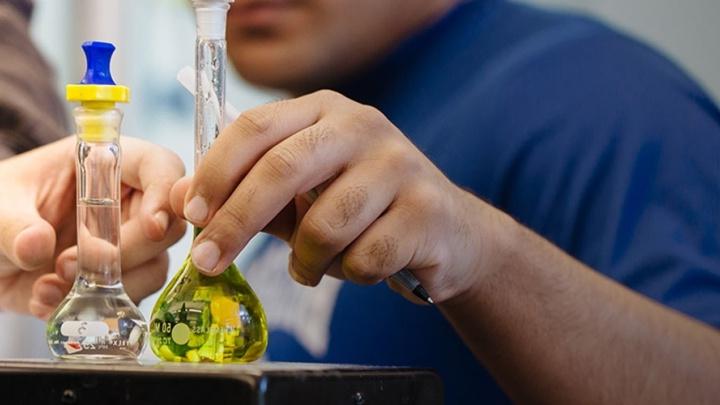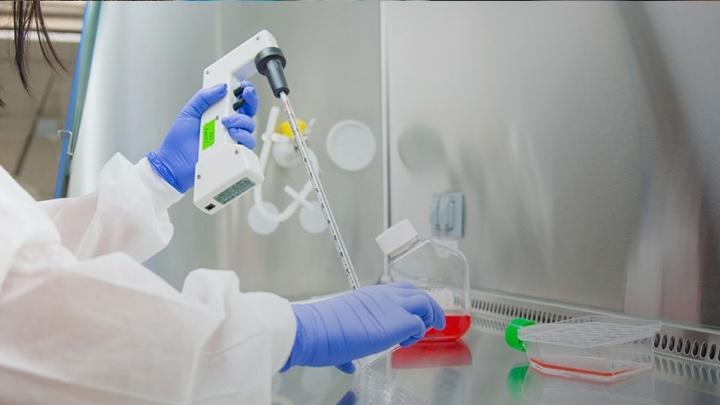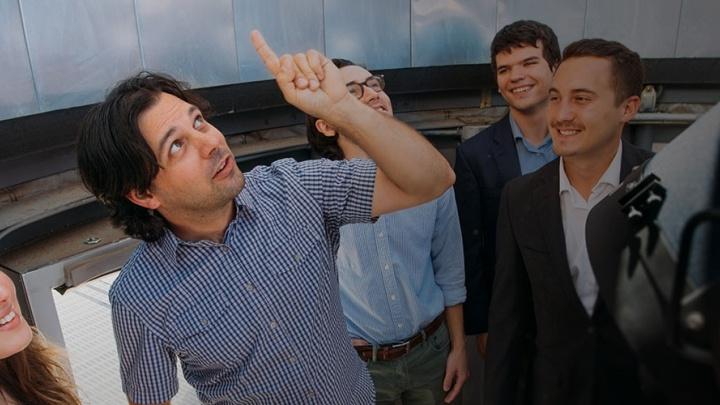Overview
Scientific computing brings together courses from computer science, mathematics, and disciplines in the natural sciences. The program explores the application of computing within the natural sciences.
Fast Facts
- Association for Computing Machinery curriculum

What You'll Study
Advancing scientific discovery through computing
Faculty
STEM professors collaborate for this interdisciplinary minor
Faculty bring broad perspectives from a variety of scientific fields, including engineering, mathematics, and the natural sciences.
Student Opportunities
Explore the application of computing
Research
Undergraduates participate alongside faculty for specialized research projects that they have published at national conferences, where they network with graduate students and scientists in their fields.
Spaces and Facilities
Students use state-of-the-art equipment in classrooms and labs, and the department actively pursues research funding and grants to purchase software and high-performance graphics workstations.
Student Organizations
Trinity’s chapter of the professional organization Association for Computing Machinery (ACM) sponsors extracurricular activities such as campus lectures, service projects, field trips, and programming contests.
Trinity University Women in Computing (WIC) aims to increase female involvement in computing, including outreach to local middle-school girls.
When You Graduate
Accelerate scientific research through data and modeling
Armed with an expertise in computation, graduates have an edge in the field of natural sciences.
Careers
With a scientific computing minor, graduates enhance and support research done in the natural and life sciences through data analysis, modeling, and computation.
Career Areas:
- Cybersecurity
- Data Analysis
- Healthcare Operations
- Research and Development
- Scientific Writing
Notable Companies who have Hired Trinity Graduates:
- Methodist Healthcare Systems
- Southwest Research Institute
- USAA
Take the next step
Have more questions or want more information? Learn more about becoming a Tiger, and how you can accelerate what’s next for your education.
